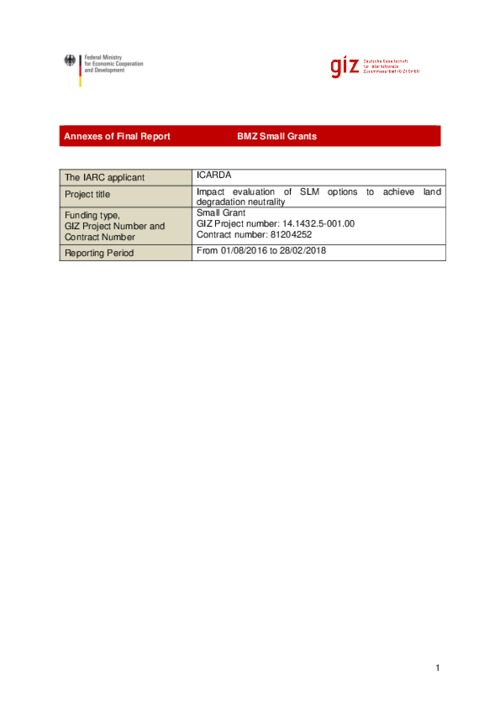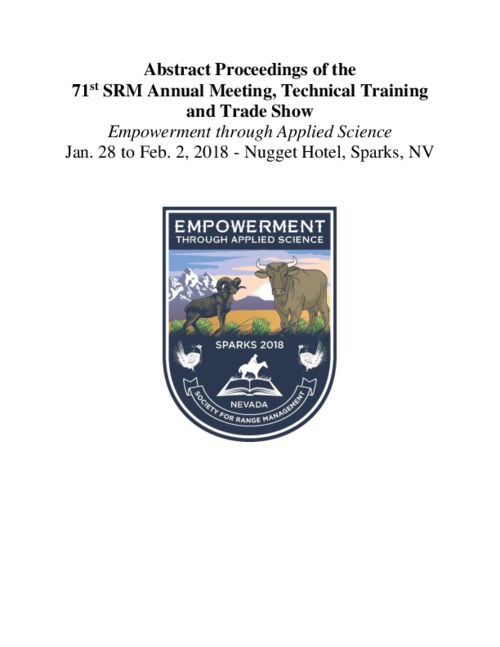Land ownership and technology adoption revisited: Improved maize varieties in Ethiopia
The lack of land ownership can discourage agricultural technology adoption, yet there is scarce evidence of the impact of land rental contracts on the adoption of improved crop varieties in developing countries. The current study investigates such impact using a nationally representative survey of Ethiopian maize farmers. In contrast to many previous studies, we show in a simple model that cash-renters are as likely to adopt improved maize varieties as owner-operators, while sharecroppers are more likely to adopt given that such varieties are profitable.





